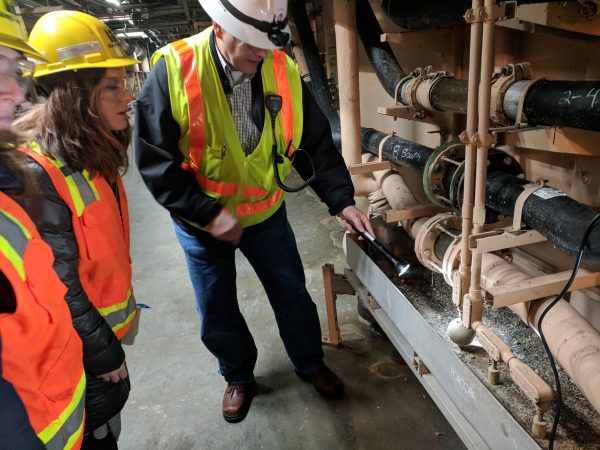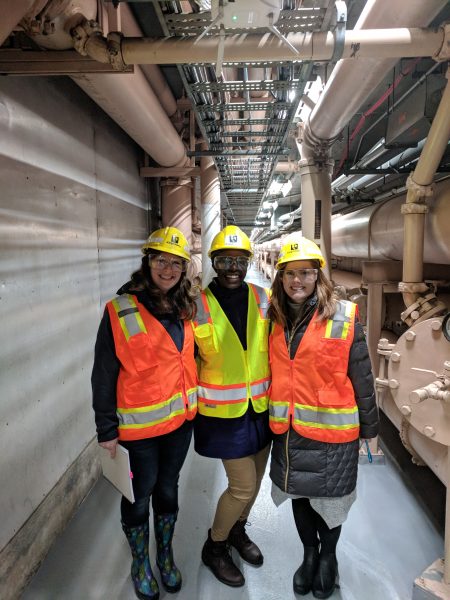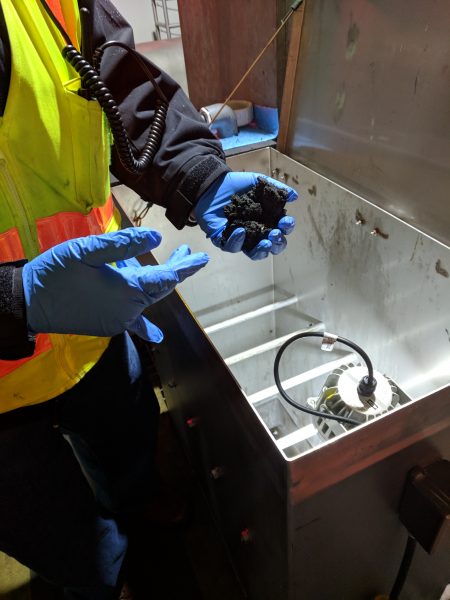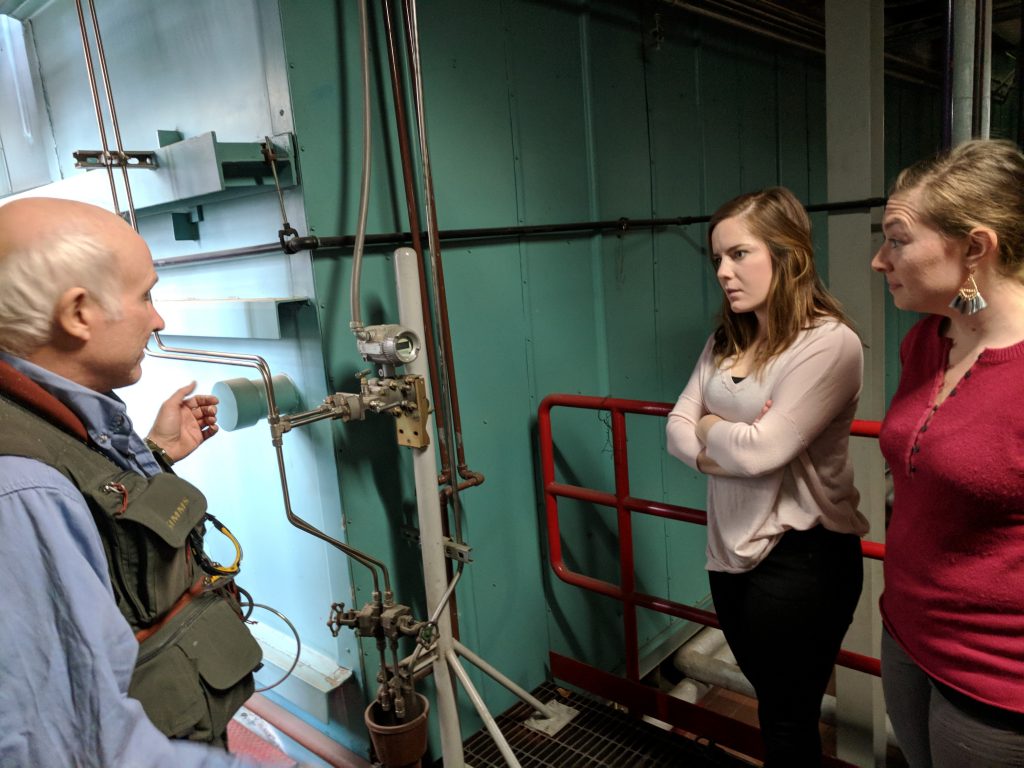- October 2025 (2)
- September 2025 (1)
- August 2025 (1)
- July 2025 (4)
- June 2025 (1)
- August 2024 (1)
- July 2024 (1)
- May 2024 (1)
- March 2024 (1)
- February 2024 (1)
- January 2024 (2)
- December 2023 (2)
- November 2023 (1)
- October 2023 (2)
- August 2023 (1)
- May 2023 (1)
- February 2023 (1)
- January 2023 (2)
- October 2022 (1)
- September 2022 (2)
- June 2022 (3)
- May 2022 (1)
- March 2022 (1)
- December 2021 (1)
- October 2021 (1)
- September 2021 (2)
- July 2021 (1)
- June 2021 (5)
- March 2021 (1)
- January 2021 (1)
- December 2020 (1)
- October 2020 (2)
- July 2020 (1)
- June 2020 (2)
- April 2020 (2)
- March 2020 (2)
- January 2020 (1)
- December 2019 (1)
- November 2019 (1)
- October 2019 (1)
- September 2019 (2)
- August 2019 (1)
- July 2019 (1)
- June 2019 (2)
- May 2019 (1)
- April 2019 (2)
- March 2019 (1)
- December 2018 (1)
- November 2018 (1)
- October 2018 (3)
- September 2018 (1)
- July 2018 (2)
- June 2018 (1)
- May 2018 (3)
- April 2018 (3)
- February 2018 (1)
- November 2017 (3)
- October 2017 (1)
- May 2017 (3)
- April 2017 (3)
- March 2017 (1)
- February 2017 (1)
- January 2017 (1)
- September 2016 (2)
- August 2016 (1)
- June 2016 (2)
- May 2016 (2)
- April 2016 (2)
- March 2016 (2)
- February 2016 (2)
- January 2016 (1)
- September 2015 (2)
- August 2015 (1)
- May 2015 (2)
- December 2014 (3)
- October 2014 (1)
- July 2013 (1)
START Center
START Center Identifies Technologies to Track Fecal Sludge

This winter, the START team conducted a landscape analysis of sensor technologies for tracking and measuring fecal sludge for the Water, Hygiene, and Sanitation Team (WASH) at the Bill and Melinda Gates Foundation. Fecal sludge (a technical term for the slurry of human excreta that has many everyday names) management is an important part of safe provision of sanitation facilities. While incredible progress has been made in increasing access to improved sanitation in LMIC, many issues remain related to the safe storage, transport, and processing of fecal sludge. In order to design better systems to manage waste, data on quantities of fecal sludge being produced and where it goes after removal from septic tanks and latrines is needed. For this project, our team’s objective was to identify technologies to automate counting and tracking of vacuum trucks and other desludging vehicles, quantify the volume of fecal sludge being transported, and measure the solids content of sludge.

To accomplish these goals, we conducted a review of available technologies aided by 25 interviews with experts from academia, the waste management industry, governmental organizations, and NGOs. These interviews were an incredibly rich source of information about innovative technologies and their applications in a variety of settings. We also conducted three site visits, enabling us to see many of the technologies we learned about in our research “in action.”

During our visit to the King County South Treatment Plant in Renton, the Washington State On-site Sewage Association (WOSSA) Conference in Tacoma, and University of Washington Power Plant on campus, we met many innovative and passionate individuals. The experts we spoke to at these sites were instrumental to our understanding of the promise and challenges of technologies and we were inspired by their ingenuity in the customization of several instruments for their own application.
As this was the first WASH project for a START team, we were energized to take on this new area of work. Barbara Burke, a member of the team, noted, “Our team was comprised of global health, epidemiology, and anthropology students rather than engineers. I believe that this unique composition enabled us to apply a different lens to the work and resulted in offering a set of new approaches for the Foundation.” As an added bonus, we all learned more about local waste management processes in Seattle than we ever anticipated we would know in a lifetime!

Additional information about this project and the final deliverables may be found here.
Did you enjoy this aricle? Share it Facebook Google+ LinkedIn Twitter